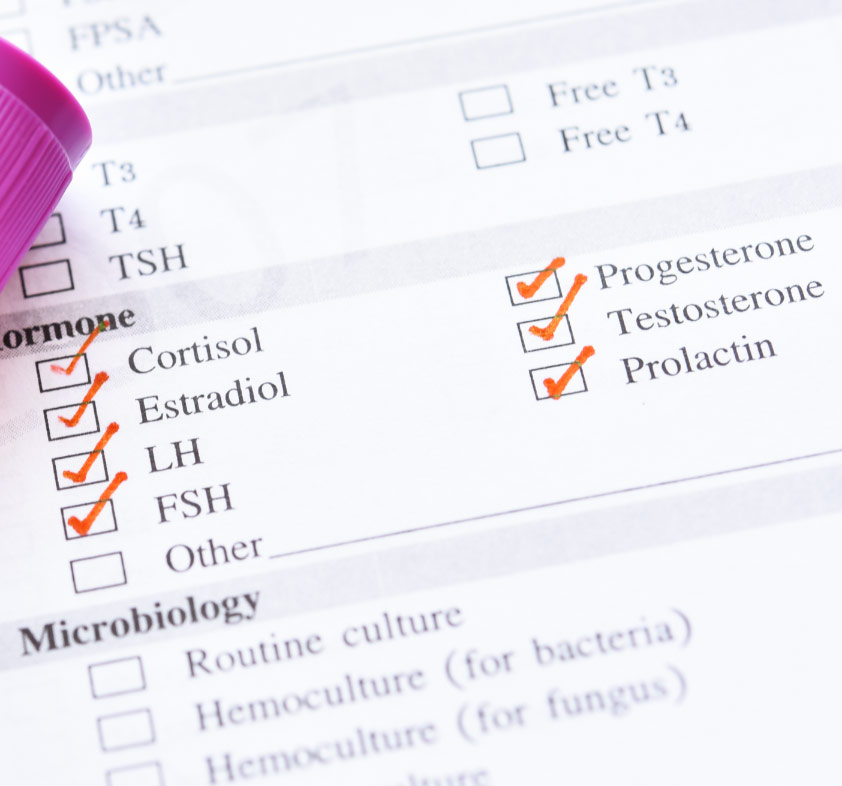Laboratory
Testing
A clearer picture through testing
Laboratory testing helps to identify the cause of disease. Tests can help to expose biochemical deficiencies, and better understand the causes of your symptoms and/or disease.

Traditional testing
Some of the tests I send patients for are identical to the tests a traditional GP or referred specialist might prescribe. These OHIP-paid tests are usually looking for a specific issue connected to a specific illness.

Functional Labs
Functional laboratory testing and evaluation is critical in gaining a more comprehensive understanding of how your body is functioning. Often I speak to people who feel unwell but are told they fall into “normal” ranges on their blood work (does than sound familiar?). Functional labs look at markers of function/dysfunction, as opposed to focusing on specific pathologies.
Functional Lab testing can help us discover what is going on in your gut – invariably a rich source of clues – as well as the state of your major organs. To simplify, the goal of Functional Labs is to understand which parts and processes of your body are operating well and which are not.
By taking a deeper look than traditional tests do, adding functional markers to regular blood work, we get to a more meaningful assessment. Having the ability to test for biochemical, nutrient, microbial and hormonal imbalances is invaluable to building the most targeted, effective therapeutic strategy.
Genetics are our potential. They cannot be changed.
But! They are bathed in three influencers: food, nutrients/toxicity and thoughts. Functional tests test the reality of the genes in combination with lifestyle.


DUTCH testing
The DUTCH test, or the Dried Urine Test for Comprehensive Hormones, is a type of Functional Lab test. The DUTCH test gathers an extensive amount of information on hormones and how they are metabolized. It examines 8 estrogen metabolites, 8 androgens, progesterone, cortisol, melatonin and OHdG.
Measuring both hormones and their metabolites can give a better overall picture of hormone production. Hormone metabolites are the downstream breakdown products of hormones; testing these metabolite levels can be useful in determining the root cause of symptoms.

